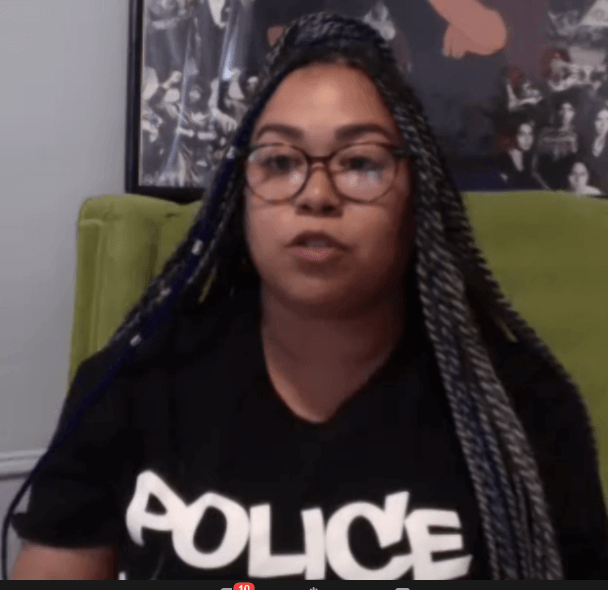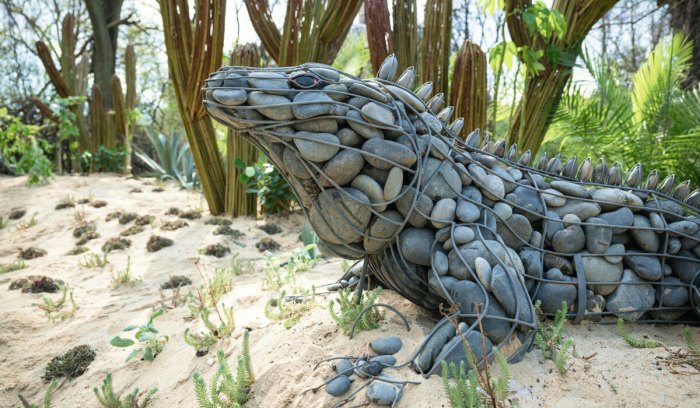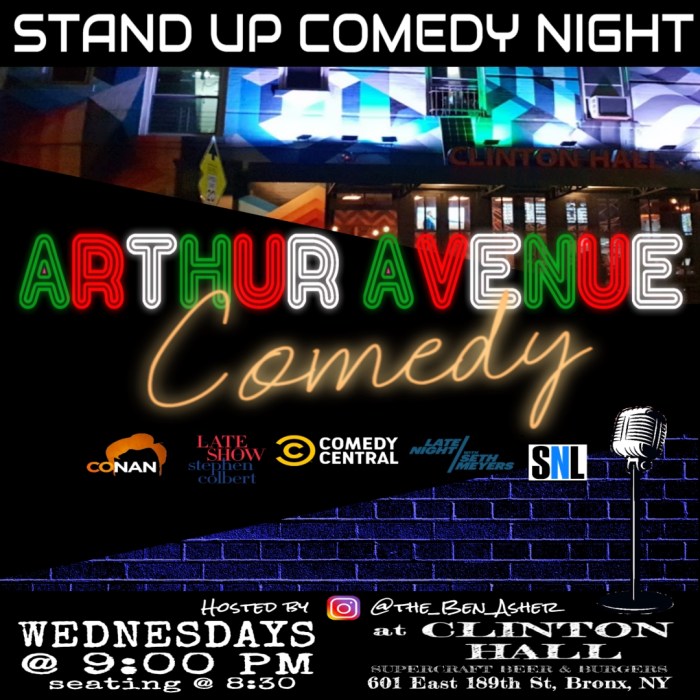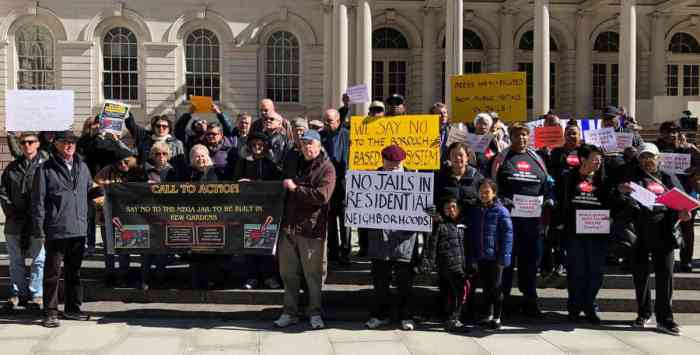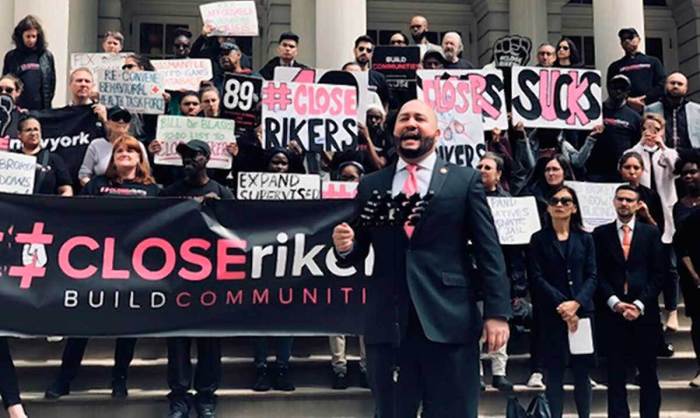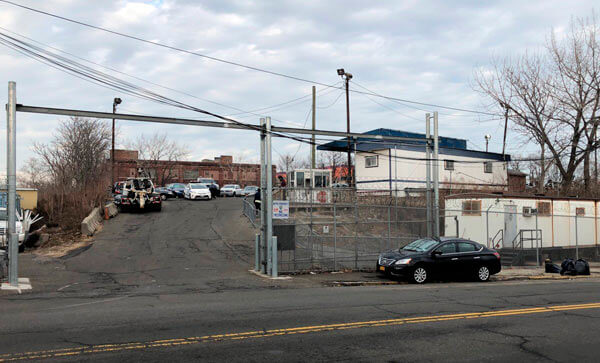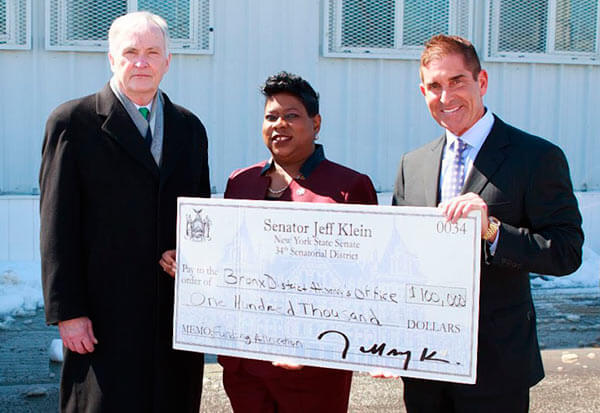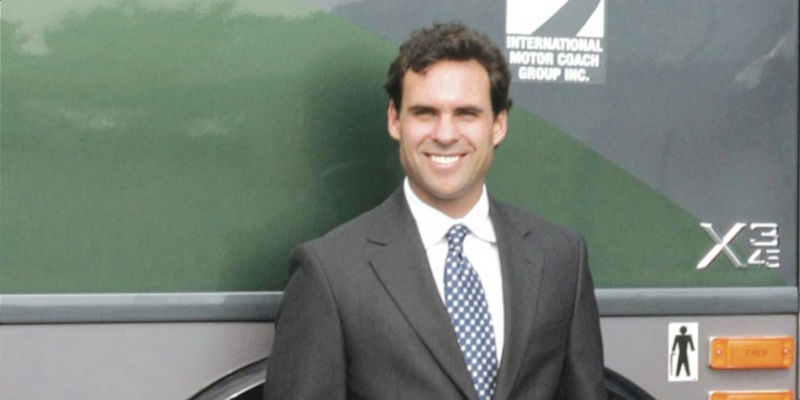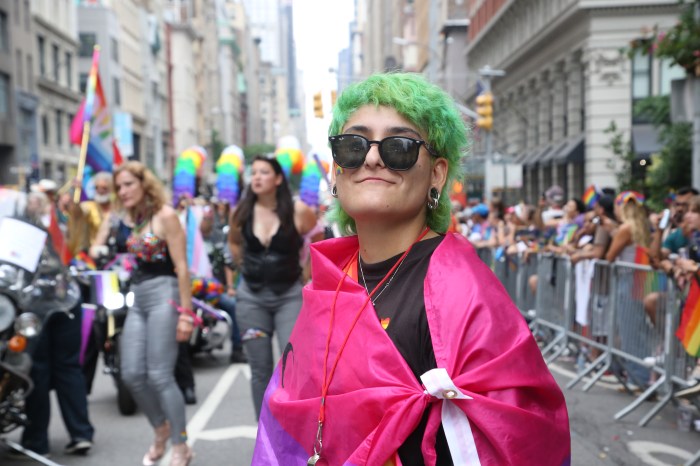As Rikers Island is set to shutter in 2026, elected officials and activists are hoping the land will be put to use that will environmentally benefit the city.
Survivors of Rikers have demanded that any future use of the island help the communities that have been most harmed by mass criminalization, by environmental injustice and by disinvestment. Low-income neighborhoods and communities of color are often home to “peaker” plants, waste transfer stations and other polluting infrastructure, which emit particulate matter and other toxins linked to respiratory illnesses among others.
On July 29, a panel, “The Case for Renewable Rikers: Community Conversations” (The Bronx) was held where activists and survivors of Rikers discussed what they want to see done. The speakers included Harvey Murphy, NYC community organizer, Pamela Villa, director of development at BronxConnect, Ramona Ferreyra, Bronx community activist and Dariella Rodriguez, director of community development at Point CDC.
The even was hosted by New York Lawyers for the Public Interest (NYLPI), JLUSA and NYC-EJA.
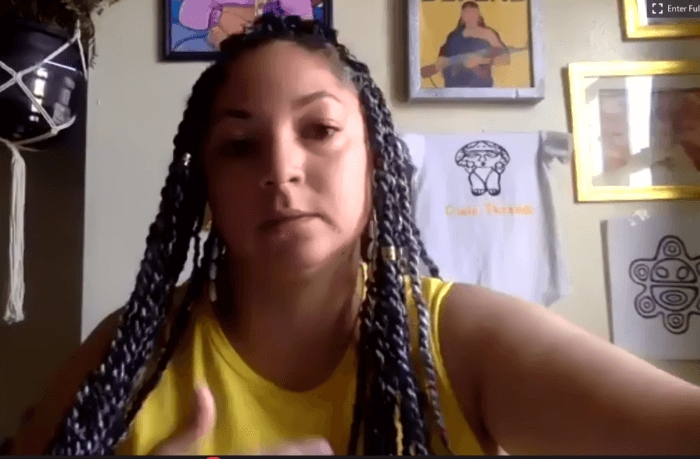
“We’re fighting for justice in our communities,” said Harvey, a Mott Haven resident who was incarcerated at Rikers. “It brings clarity to my heart to know that Rikers is closing. As a Rikers Island survivor, I fought blood and tears for this.”
According to Harvey, a renewable Rikers will improve the quality of life in the south Bronx and provide better jobs.
The Renewable Rikers Act was introduced in the City Council in 2019 and it has three bills:
- Requires New York City to assess whether a new wastewater treatment facility can be constructed on Rikers Island, as well as determine capacity for organics processing and how many gallons of wastewater from surrounding areas can be diverted there.
- It transfers jurisdiction of Rikers Island from the Department of Correction to other agencies for renewable infrastructure, sustainability and environmental purpose once the jails close.
- Requires New York City to determine the feasibility of what renewable energy sources can be generated on Rikers Island, as well as what of large-scale batteries to store the power that can be built there.
In order for NYC to meet its goal of quadrupling its solar energy capacity by 2030, it needs to locate numerous unshaded rooftops or large open spaces that could host these solar installations. Spanning 413 acres, a newly available Rikers Island would be perfect for such a large-scale solar project. CUNY Law School’s Center for Urban Environmental Reform hypothesized that using just 100 acres of Rikers Island for solar energy generation and storage would justify beginning to close peaker plants located in environmental justice communities.
Ferreyra of Mott Haven is a staunch supporter of Renewable Rikers. She explained that 15 percent of Mott Haven is below the poverty level and a lot of the neighborhood smells bad because of the waste management plant.
“I know in Mott Haven, a green space is our priority,” Ferreyra stated. “I think the Neighborhood Advisory Council of Mott Haven has really understood the opportunities to be able to negotiate the type of investment Mott Haven would receive.”
She stressed that although Rikers is part of Queens, the majority of the people there are from the Bronx and Brooklyn. Like Harvey, she hopes that when Rikers shutters, it can be used to benefit the south Bronx.
“I think it’s imperative that we start imagining what Rikers can become,” she remarked.
With poor air quality in the south Bronx, high asthma rates and mass incarceration of Bronxites, Rodriguez wondered how how people can expect to succeed. The hope is less people will be locked up and Renewable Rikers will create more jobs and safer living conditions, she said.
Rodriguez, a survivor of Rikers, will always remember the first time she entered it at 17. She stressed the need for “retroactive justice” in the communities.
“When I talk about Rikers, I can smell it on me,” she said.

